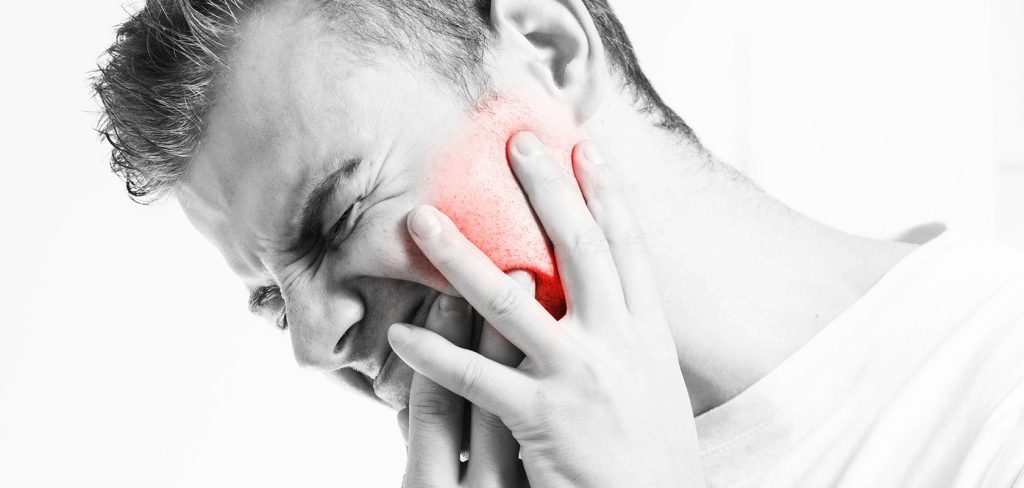
Dental pain, also known as toothache, can be caused by various dental problems, including tooth decay, gum disease, tooth fracture, or an abscessed tooth. It can range from mild discomfort to severe, debilitating pain.
Dental pain is discomfort that originates from the teeth or surrounding gums. It is often caused by dental cavities, infection, tooth injury, or gum disease. The pain can be constant or intermittent and may worsen with chewing, temperature changes, or at night.
Treatment for dental pain depends on the underlying cause:
Nebulizers are not used for dental pain. Alternatives and treatments include:
© 2021-2025 Wyandotte Urgent Care Clinic. All Rights Reserved. Made With Love by Ignite Marketing Agency.